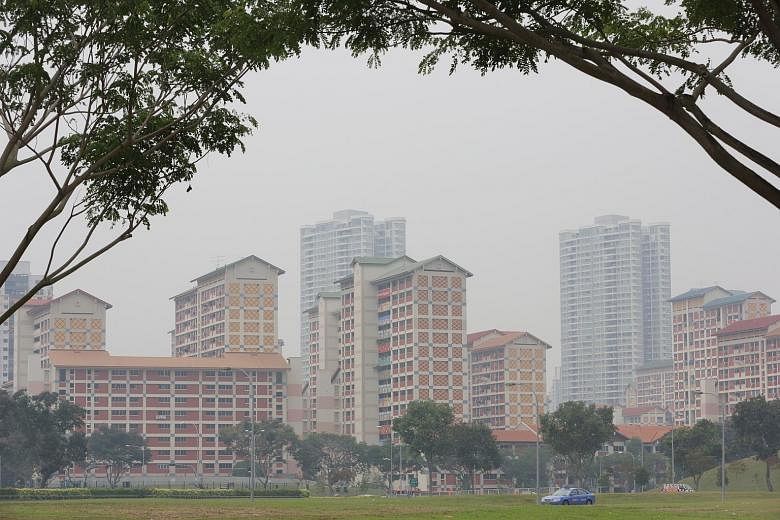The seasonal haze that affects Singapore and the region was once thought to dampen dengue activity here, as the smoke was believed to be able to kill the Aedes mosquitoes that carry the virus.
But Professor Annelies Wilder-Smith, an infectious disease expert from the Nanyang Technological University's Lee Kong Chian School of Medicine, believes otherwise.
"Even if the toxic components of the haze do result in a higher mortality rate of Aedes mosquitoes, the haze may have changed both human and mosquito behaviour in a way that could have counteracted this effect," she said.
Instead of killing the mosquitoes, the haze could instead drive humans and insects closer together when they move indoors to keep away from it.
"Such behaviour of prolonged indoor stay would then even increase vector-to-human contact, biting activities and hence dengue infections," she said.
A team of scientists had, in 2010, published a paper that linked the haze to lower dengue rates.
In 2006, Singapore recorded its worst pollution reading since 1997, when the 24-hour Pollutant Standards Index reached unhealthy levels. About 3,051 dengue cases were recorded that year, far lower than the more than 7,800 cases for the first 44 weeks in 2007.
But Prof Wilder-Smith pointed out that the haze then was not as severe as in 2013, which was also the same year the Health Ministry recorded 22,170 dengue cases - a record.
Audrey Tan

